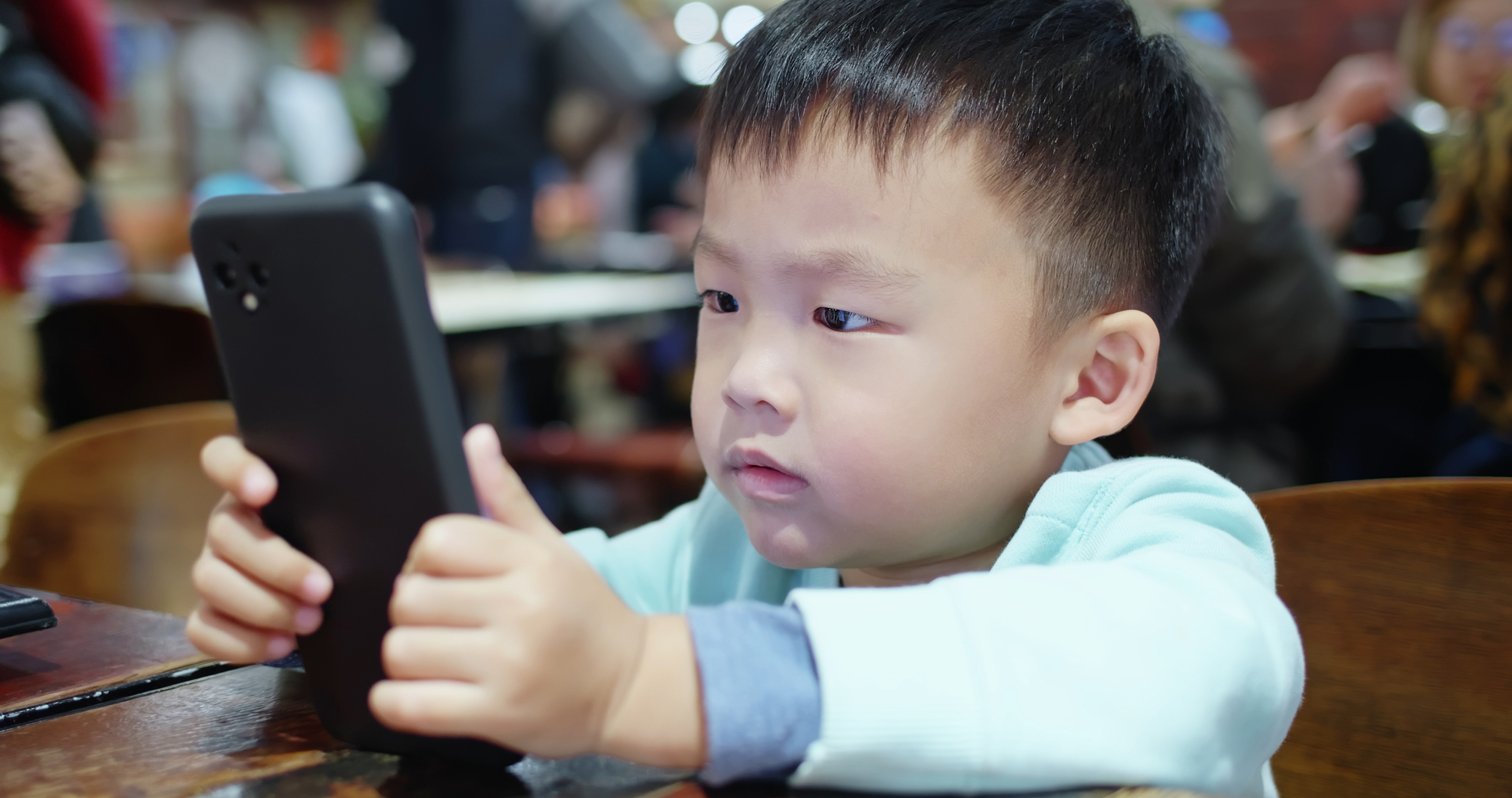SYDNEY, AUSTRALIA: On Thursday, Australia’s government introduced a bill in parliament that would ban children under 16 from using social media. The new law also proposes fines of up to A$49.5 million (about S$43.36 million) for platforms that fail to follow these rules.
According to Reuters, Australia is set to trial an age-verification system, possibly using biometrics or government IDs, to enforce a social media age limit. These controls would be the toughest of any country to date, with no exemptions for parental consent or existing accounts.
Prime Minister Anthony Albanese called the bill “a landmark reform.” He acknowledged that some kids might find ways around the system, but the goal is to send a clear message to social media companies to “clean up their act.”
He added that children would still be able to use messaging services, online gaming, and educational platforms like Google Classroom, YouTube, and youth mental health service Headspace.
The proposed law has drawn mixed reactions. The opposition Liberal Party has said it will support the bill, but the Green Party and some independents have called for more details. The “landmark reform” would affect platforms like Meta’s Instagram and Facebook, TikTok, X (formerly Twitter), and Snapchat.
The government argues that excessive social media use harms children’s physical and mental health, particularly for girls exposed to harmful body image content and for boys facing misogynistic material.
Communications Minister Michelle Rowland highlighted the risks for young Australians, pointing to reports that almost two-thirds of 14 to 17-year-olds have seen harmful content, including drug abuse and self-harm.
The law would shift responsibility for age verification onto the social media platforms themselves, not parents or young people. It also includes strong privacy protections, such as requiring platforms to destroy any personal data used for age verification, ensuring users’ privacy is safeguarded.
Ms Rowland noted that “social media has a social responsibility”, which is why the government is making big changes to hold them accountable for user safety.
While other countries have attempted to limit children’s social media use, Australia’s approach is one of the strictest. Last year, France proposed a social media ban for children under 15, but parental consent allowed users to bypass it. In the United States, companies have long required parental consent to access data from children under 13. /TISG
Read also: Is social media fueling “money dysmorphia” among young consumers?
Featured image by Depositphotos (for illustration purposes only)

